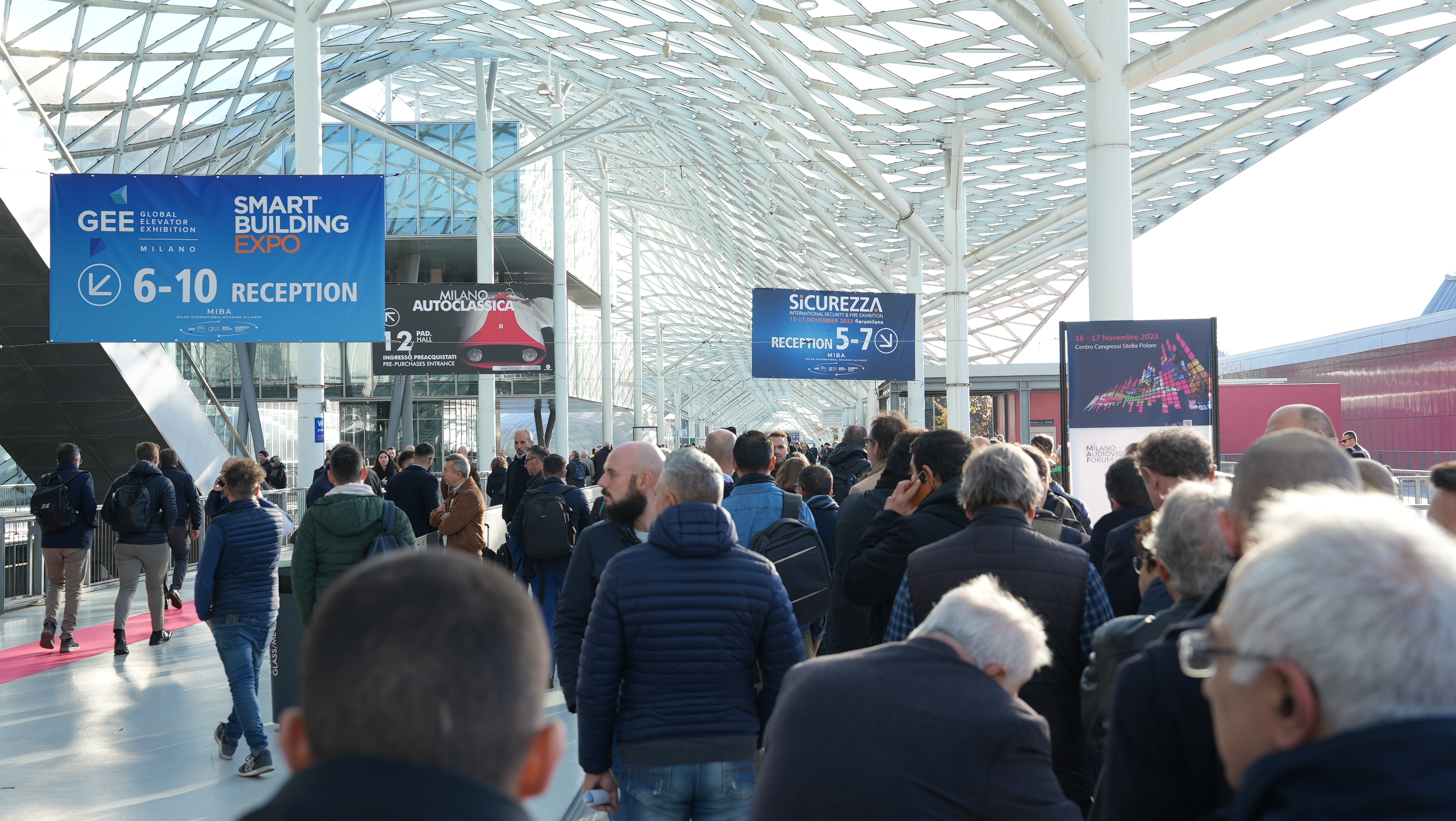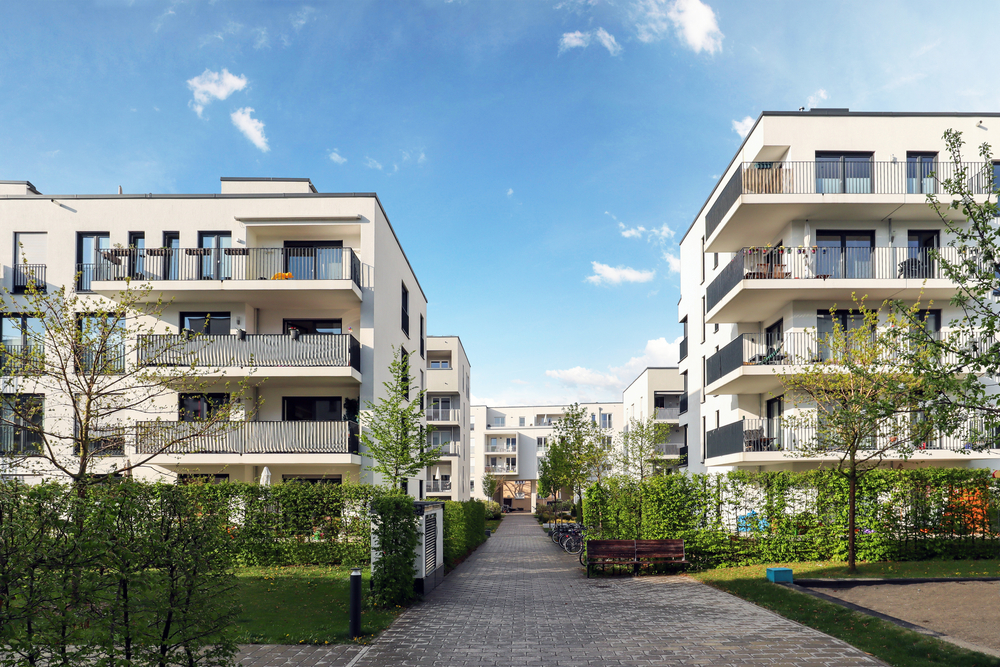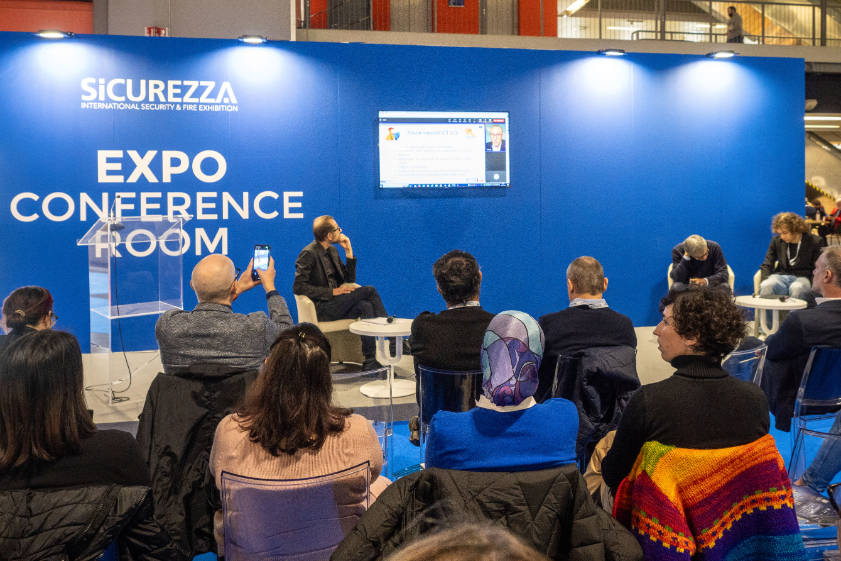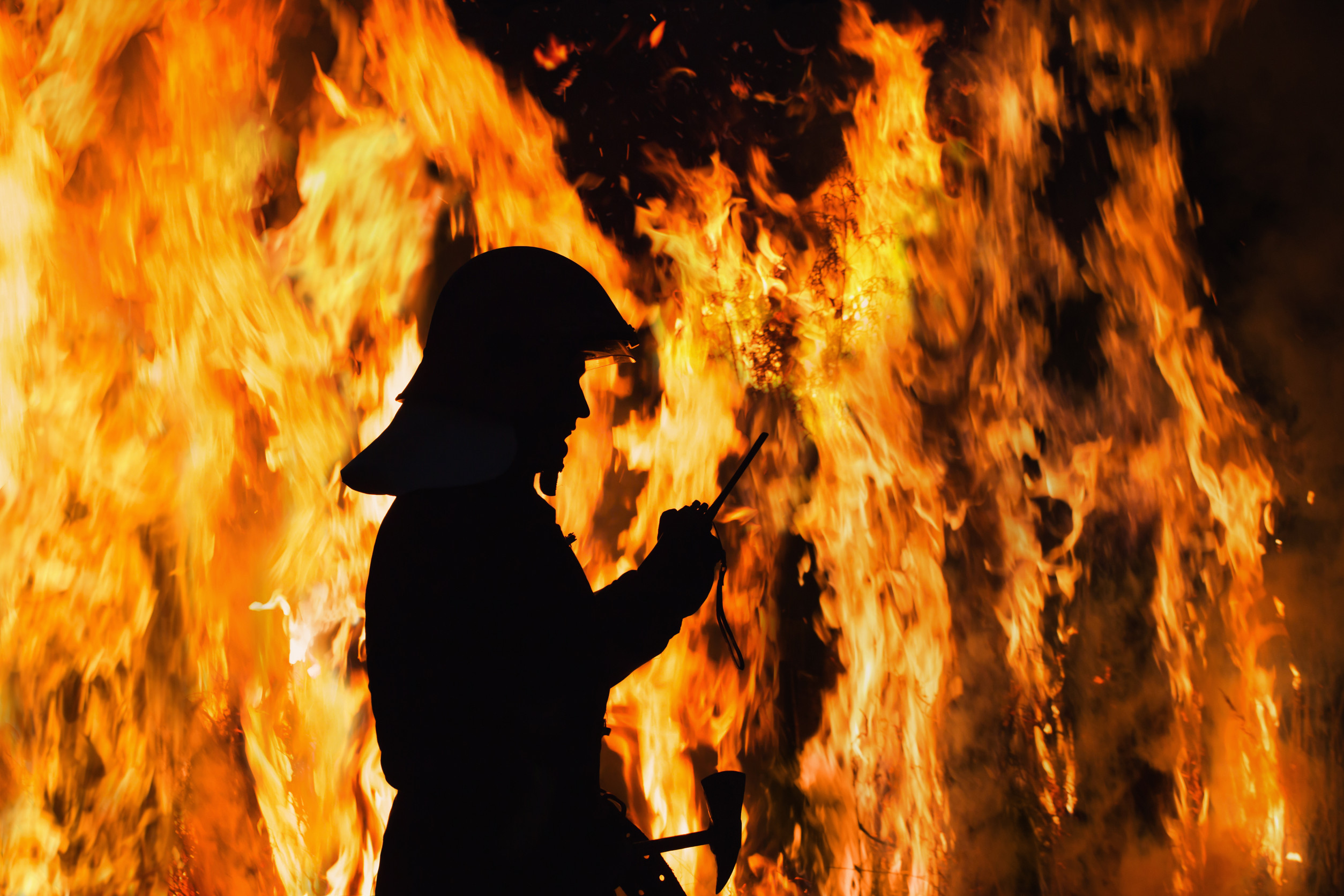President Iucci, how was the Italian market doing before the emergency? Could you tell us about the 2019 balance sheet?
2019 closed with a growth of approximately 4%, a trend lower than the previous year, which we closed at +7%. But in order to properly analyse the data, we need to separate first half year results, which were decidedly positive, from the second half, where we saw various sectors lose out. Basically, the dip in the security market began pre-Covid, though in annual terms the industry appears to have grown.
In terms of individual sectors, video surveillance saw the best performance at +7%; fire prevention systems experienced a growth of 2.1%; access control closed at +1%, while there was stagnation in the second half year, for burglar alarms and building automation, which closed at about +0.3/0.4%.
This data provides a general overview of the situation, but we also need to consider those fields that we, as an association, do not monitor, such as cyber security and data protection, which continue to see positive trends. Just as important as the figures is an analysis of the trends that the market continues to display. I’ve been talking about this for more than two years, but digital convergence is now a reality, a real driver for the sector. Integrated systems between adjacent fields are becoming increasingly common and this kind of fusion is a positive factor to be exploited. As for exportation, I must unfortunately report a slight drop, partly owing to Brexit.
What impact has the lockdown had on the sector?
We admit that the Covid emergency has had a less devastating impact on the security world than it has on many other sectors. I think we can divide the sectors into two types: those that have unfortunately lost a significant portion of their turnover and those where we cannot talk about loss but rather a freeze, and, luckily for us, security falls into the second group. Put simply, a restaurant owner who has had no customers for two months cannot recuperate all that he’s lost during lockdown, while a construction site that downed tools as a result of the pandemic is now starting up again and the real challenge is making up the lost time. We’re definitely not talking about zero impact, because recovery also raises a series of problems for those who, like us, are starting up again. Firstly, the logistical problem, because managing resources and staff to get everything moving again at the same time is not easy. The second issue relates to the particular nature of the current economic situation, where everything is interconnected. Although the crisis may, in part, have spared our companies, in some cases it hasn’t spared their customers, so we need to deal with a domino effect that is far from painless. Lastly, we need to deal with the general sentiment. We are hearing more and more about a liquid assets emergency. But the problem is not so much liquid assets, but the need for an injection of trust, a vision of the future that gets everyone spending again. Because if liquid assets are distributed with government incentives, but this fear of the unknown persists, we will struggle to see reinvestment.
What are your hopes for the future of the market?
If it makes the right moves and does so as quickly as possible, the security world can actually turn the emergency into an opportunity. You will have seen that, for the first time, the news is dealing with subjects such as crisis management, intervention processes, resilience and prevention plans almost on a daily basis. These are concepts that the security world deals with every day but that other sectors often overlook, out of a fear of the costs involved. Hence the opportunity for the professionals of our world, who can become real representatives for all the production and economic sectors, according to a win-win logic. If it’s true that security technologies have become enabling during the emergency, it is also true that these have been enabled by the emergency. We are talking about solutions that already existed at an engineering level - consider thermal scanners or flow management systems for example - but that have been somehow legitimised, also in GDPR terms, by the current situation. A manufacturer’s ability to communicate existing technologies and, above all, personalise them in response to the emergency can represent an important business opportunity.
Another opportunity stems from the fact that people are finally realising that, although security has a cost, a lack of security can result in even higher costs. Basically, we have an opportunity to take a cultural step up. Making oneself secure when there is an urgency involves losing time and a need to focus on the most serious things, overlooking those that are perhaps the most important. This emergency has probably helped us to understand how important it is to have a global action plan that considers any risks and envisages a series of action protocols. This vision now exists at last, but unfortunately we did ourselves damage before reaching this point. What I hope is that risk assessment criteria become a shared way of thinking. As we do every time a company comes to us for advice, we need to carry out an analysis of what we want to protect, understand who the offender is, and analyse the context. With these three simple principles, we can start defining an effective intervention-containment-recovery plan. If we make this cultural leap, the propensity to invest in security may finally change for the positive.







